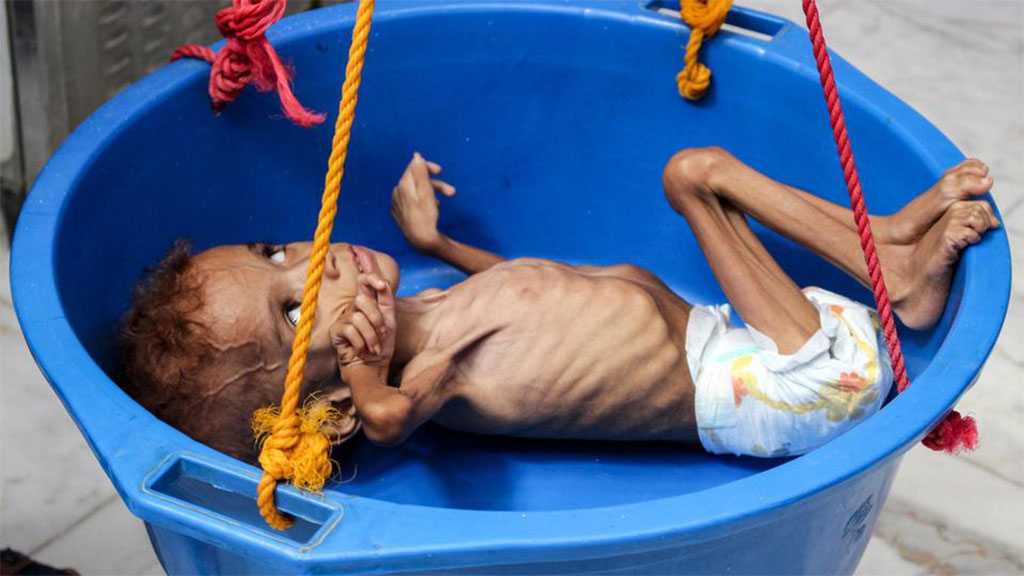
Yemen War Now ‘Chronic Emergency’ As Millions Face Hunger – UN Warns

By Staff, Agencies
After more than seven years of war, Yemen is living in a chronic state of emergency, marked by hunger, disease and other miseries that are rising faster than aid agencies can reverse, UN relief chief Martin Griffiths told the Security Council on Tuesday, as the Special Envoy for the country called for joint efforts by Yemenis and the international community to break the entrenched cycle of violence.
Griffiths cited grave risks for inertia and fatigue in attenuating the severe conditions in Yemen, and drew attention to Wednesday’s high-level pledging event to alleviate the suffering of the traumatized Yemeni people, with aid agencies seeking nearly $4.3 billion to help 17 million in 2022 alone.
New nationwide assessments confirm that 23.4 million people now need assistance – about three of every four people. Among them are 19 million people who will go hungry in the coming months – an increase of almost 20% from 2021 – while more than 160,000 of them will face famine-like conditions.
Noting that Yemen relies on commercial imports for 90% of its food and nearly all its fuel, he said one third of its wheat comes from Russia and Ukraine, where the conflict sparked on 24 February may push food prices, which already doubled last year, even higher.
“We are looking at a seismic hunger crisis if we do not step up now,” World Food Program [WFP] Executive Director David Beasely stressed in a statement on the eve of the high-level pledging event.
Without immediate funds, hungry people will lose assistance right at the time they need it most. The number of people in need of food is forecast to reach 19 million in the second half of the year, without fresh funds, according to the latest Integrated Phase Classification.
“Funding for Yemen has never reached this point,” he warned. “We have no choice but to take food from the hungry to feed the starving.”
The WFP was forced to reduce food rations for eight million people at the beginning of the year due to a shortage of funds, Beasley said. For now, five million people who are at immediate risk of slipping into famine conditions have continued to receive a full food ration.
The WFP is currently only 11% funded and needs more than $887.9 million to provide food assistance for 13 million people over the coming six months.
Comments
- Related News



